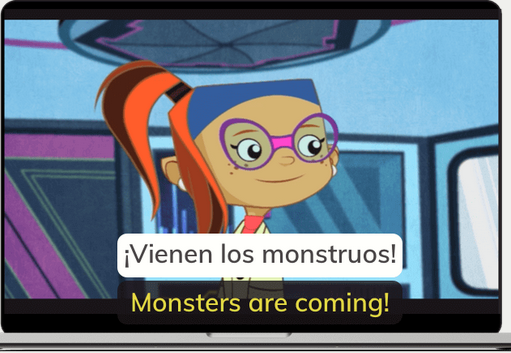When Communication is Success or Failure
Everyone has heard of Thomas Edison but until recent times few knew about Nikola Tesla. Edison is given credit for many of Tesla's inventions and Tesla was fa ahead of Edison in many areas of research. Tesla's work is responsible for the modern world. He had a international wifi system broadcasting his voice to Germany from the US before the newly invented telephone was popular. He made a machine that create earthquakes, broadcast his voice into space, created a lightening machine, (this Tesla coil is often used in electronics classes today), designed the hydroelectric plant at Niagra Falls, had electric lights on his farm while most of the world used oil lamps, and provided technology that made worldwide communication and many of our space programs possible. He was so far ahead of his time could create and do things our greatest scientists can not reproduce. Yet, most people remember Edison not Tesla. Why? One of the main reasons is the difference in their communication and social skills.
Edison was a great communicator; Tesla was not. Edison could convince wealthy investors how his ideas could be turned into profit. Tesla acted strangely and made hard to believe statements arrogantly. He once proclaimed to an audience of businessmen, "I can send my voice to the outer space!" He could and did in fact but rather than teach them how he did it; he was viewed as a little crazy. His habits didn't help. He obsessively cleaned his eating utensils and plates repeatedly before eating and quickly washed his hands if a woman ever touched them. He never married and had few real friends.
Tela died poor, unhappy, almost forgotten in a lonely hotel room. Edison went on to enjoy success. The biggest difference between them: the power of communication skills. Communication skills are power in every area of success, love, and life. Yet we are taught very little about how to develop real communication skills.
Why Do We Communicate?
Most of our communication is to express ourselves to the outside world and to influence those around us. Babies immediately understand they can influence those around them. A cry causes stress and motivates action in those nearby; a smile causes other's to smile; and a noise attracts attention.
Communication is not just about talking, sometimes it's about talking less. Real communication involves bonding, non-verbal actions, body language, silence, sounds, and intuition. One of the first skills to develop better results from your communication experiences is to ask yourself: "Why am I communicating?" Everything comes down to reducing or increasing pain and pleasure. What results do you want? Some reasons to communicate are to:
In re-learning how to truly communicate with power, you will have to start becoming aware of the right and wrong ways you communicate now. How do you know? What works? What brings more conflict, destruction, and pain into your life? Your mind continually tries to improve and understand your communication experiences. Everyone has events of bad interactions that continually repeat in one's thoughts in cycles. These cycles can be useful or destructive. They can help you understand what you should have said or should have done at that time or can be the source of continuous loops re-experiencing and intensifying pain, regret, bitterness, and other destructive emotions. To use past events and painful memories for learning and reprogramming destructive loops into productive training is one of the required skills to release power to change yourself and your world.


